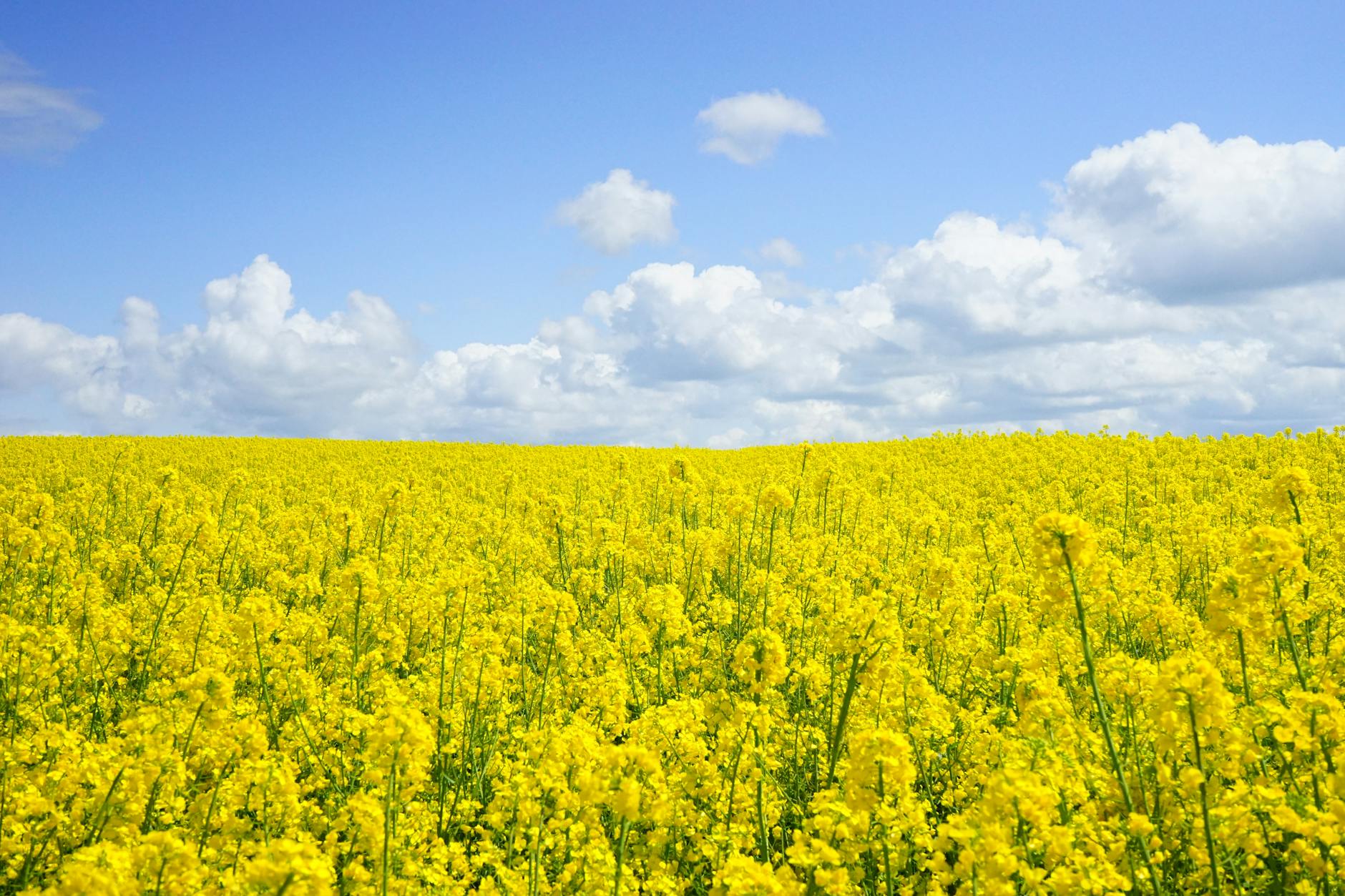Discover the ancient secrets and powerful natural remedies that will kick yeast infections to the curb for good! Say goodbye!
Table of Contents
Candid Cures: Understanding Yeast Infections
Let’s start by shedding light on what exactly a yeast infection is. This common condition occurs when there is an overgrowth of yeast in the vaginal area. It can lead to uncomfortable symptoms such as itching, burning, and unusual discharge. Yeast infections are usually easily treatable, but recurrent infections may require a closer look at your overall health.
Spotlight on Symptoms
Recognizing the signs of a yeast infection is crucial in seeking timely treatment. Some common symptoms include itching and irritation in the vaginal area, a burning sensation during urination or intercourse, and a thick, white discharge that resembles cottage cheese. If you are experiencing any of these symptoms, it’s essential to consult with a healthcare provider for an accurate diagnosis.
Combatting Yeast Infections Naturally
While over-the-counter medications can provide relief from yeast infections, some individuals prefer to explore natural remedies. Here are a few natural approaches to consider:
Probiotics
Probiotics are friendly bacteria that can help restore the balance of good bacteria in your body. Consuming probiotic-rich foods like yogurt or taking a probiotic supplement may promote vaginal health and reduce the risk of yeast infections.
Garlic
Garlic is known for its antimicrobial properties and may help combat yeast overgrowth. Incorporating garlic into your diet or inserting a garlic clove into the vagina (as a suppository) may provide relief from yeast infection symptoms.
Tea Tree Oil
Tea tree oil has antifungal properties that can help kill off yeast. Dilute tea tree oil with a carrier oil like coconut oil and apply it to the affected area for relief from itching and irritation.
Cranberry Juice
Cranberry juice is commonly recommended for urinary tract infections, but it may also help prevent and treat yeast infections. Cranberries contain compounds that may prevent yeast from adhering to the vaginal walls, reducing the risk of infection.
Preventing Recurrence
Prevention is key when it comes to managing yeast infections. Here are some tips to help prevent recurrent infections:
| Remedy | Description | How to Use |
|---|---|---|
| 1. Probiotics | Help restore the healthy balance of bacteria in the vagina, preventing yeast overgrowth | Take probiotic supplements daily or consume probiotic-rich foods like yogurt |
| 2. Tea Tree Oil | Has antifungal properties that can help combat yeast infections | Apply diluted tea tree oil topically to the affected area |
| 3. Garlic | Contains allicin, a compound that has antifungal properties | Insert a peeled garlic clove into the vagina overnight |
| 4. Coconut Oil | Has antifungal properties and can help soothe itching and irritation | Apply coconut oil topically to the affected area |
| 5. Cranberry Juice | May help prevent yeast infections by preventing bacteria from adhering to the walls of the urinary tract | Drink unsweetened cranberry juice regularly |
Maintain Good Hygiene
Keeping the vaginal area clean and dry can help prevent yeast infections. Avoid using scented products or harsh soaps that may disrupt the natural balance of bacteria.
Avoid Certain Irritants
Some products, such as douches, scented tampons, and tight clothing, can irritate the vagina and increase the risk of yeast infections. Opt for breathable cotton underwear and gentle, unscented hygiene products.
Eat a Balanced Diet
A healthy diet rich in fruits, vegetables, whole grains, and lean proteins can support overall vaginal health. Limiting sugar and refined carbohydrates may also help prevent yeast overgrowth.
When to Seek Medical Attention
While natural remedies can be effective for mild yeast infections, it’s important to seek medical attention if your symptoms persist or worsen. Your healthcare provider can confirm the diagnosis and recommend appropriate treatment options, including prescription antifungal medications if needed.
Empower Yourself with Knowledge
By understanding the causes, symptoms, and natural remedies for yeast infections, you can take proactive steps to manage and prevent this common condition. Remember that everyone’s body is unique, so it may take some trial and error to find the right approach for you. Don’t hesitate to consult with a healthcare provider for personalized advice and guidance. Say goodbye to discomfort and hello to natural relief!
Frequently Asked Questions
Can yeast infections be prevented?
Answer 1: Yes, yeast infections can be prevented by maintaining good hygiene, avoiding irritants, eating a balanced diet, and using probiotics to support vaginal health.
What are the common symptoms of a yeast infection?
Answer 2: Common symptoms of a yeast infection include itching, burning, unusual discharge, and discomfort during urination or intercourse.
When should I seek medical attention for a yeast infection?
Answer 3: It is advisable to seek medical attention if your symptoms persist or worsen, as your healthcare provider can confirm the diagnosis and recommend appropriate treatment options.
Are natural remedies effective for treating yeast infections?
Answer 4: Yes, natural remedies such as probiotics, garlic, tea tree oil, and cranberry juice can be effective for treating yeast infections. However, it is essential to consult with a healthcare provider for personalized advice and guidance.





